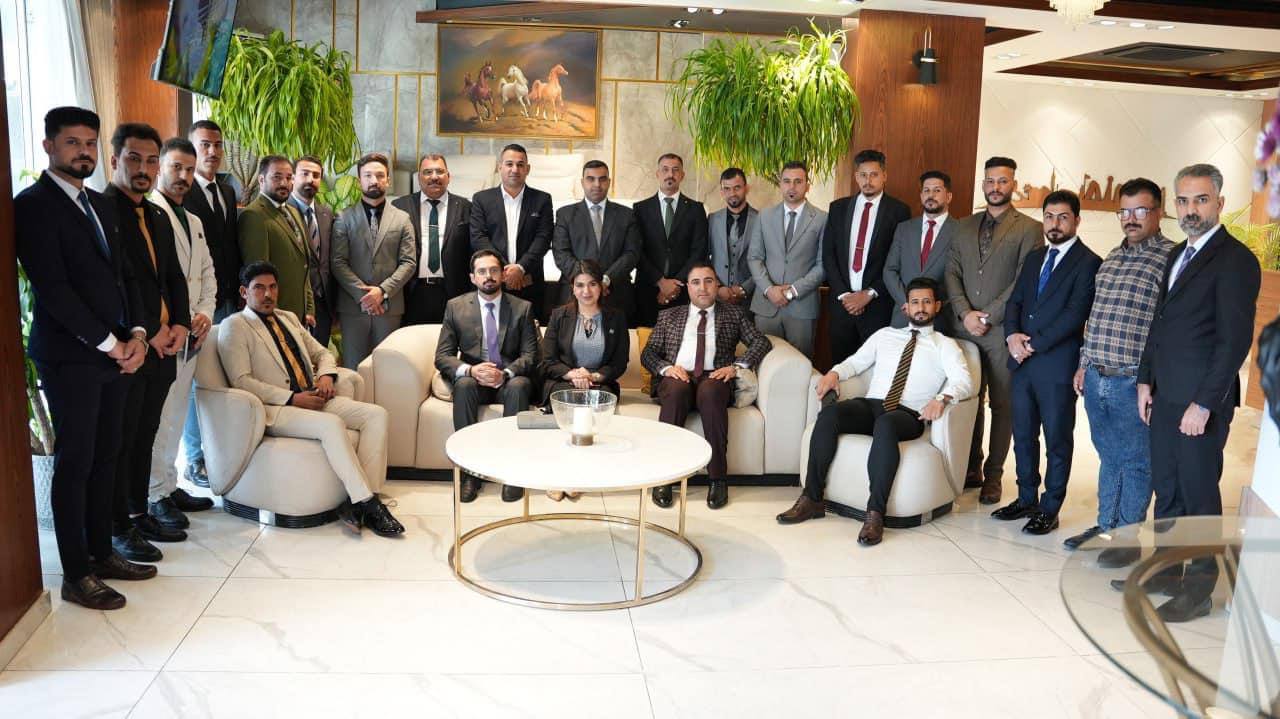The program aims to provide effective strategies for understanding the political system and how to interact with it, as well as to develop self-confidence and the ability to express ideas clearly.
The program aims to provide effective strategies for understanding the political system and how to interact with it, as well as to develop self-confidence and the ability to express ideas clearly.
